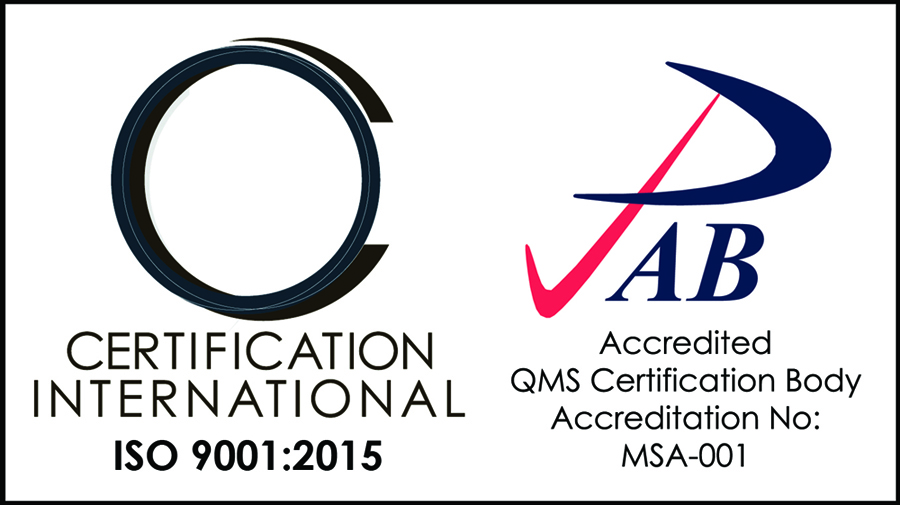Pregnancy and motherhood are among the most important phases in a woman’s life. As an expecting mother, it’s essential to know your rights when it comes to maternity leave. The law provides for several benefits and entitlements to ensure that you have a safe and healthy pregnancy, delivery, and recovery period.
However, many women may not be aware of their rights and may face challenges in navigating the process. Therefore, it’s crucial to educate yourself about your rights and what you can do to prepare for maternity leave. In this way, you can ensure that you have a smooth and stress-free experience during this critical time in your life. We’ve listed the following to guide you on the process:
- Notification and documentation requirements: You are required to inform your employer of your pregnancy and expected date of delivery at least 30 days before your intended date of leave. You should also provide a medical certificate to support your leave application.
- Duration of leave: You are entitled to 105 days of maternity leave regardless of whether you gave birth via caesarian section or natural delivery. You may also be entitled to an additional 30 days of leave without pay, subject to certain conditions. In case of miscarriage or emergency termination of pregnancy, maternity leave of sixty (60) days with full pay shall be granted.
- Benefits and entitlements: You are entitled to receive full pay for the duration of your maternity leave. Your employer is also required to provide you with medical and health care benefits during your pregnancy and postpartum period.
- Return-to-work arrangements: You have the right to return to the same or equivalent position and to the same rate of pay and benefits upon your return from maternity leave. Your employer should discuss with you the arrangements for your return to work and any adjustments or accommodations you may need.
- Job security and protection against discrimination: Your employer is prohibited from terminating your employment or demoting you because of your pregnancy or maternity leave. They are also prohibited from discriminating against you in terms of employment and benefits because of your pregnancy or maternity leave.
- Supportive work environment: Your employer should provide you with a supportive work environment that is conducive to a healthy pregnancy and postpartum recovery. They should provide you with facilities, such as breastfeeding rooms, and other accommodations you may need, such as flexible work arrangements.
- Open communication: Your employer should maintain open communication with you throughout your maternity leave. They should be available to answer any questions or concerns you may have and provide you with updates on any changes that may affect your employment.
Overall, you can expect your employer to comply with DOLE guidelines and provide you with support, protection, and benefits during your maternity leave to ensure that you have a safe and healthy pregnancy and a smooth transition back to work.

